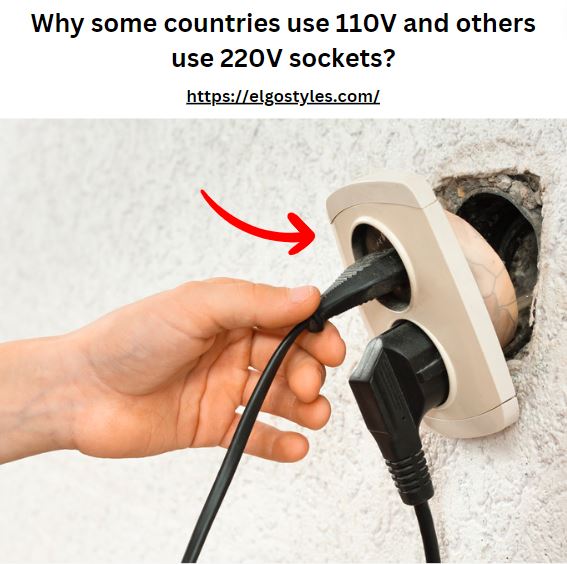Answer:
The difference in voltage (110V vs. 220V) across countries is primarily due to historical, economic, and technical factors.

Reasoning:
The choice between 110V and 220V systems largely depends on historical development, economic considerations, and technical requirements. Countries like the United States and Japan typically use 110V due to early adoption of electricity grids and standardized systems, while many European and Asian countries use 220V systems. Higher voltage allows for more efficient transmission of electricity over longer distances, reducing energy loss. Additionally, 220V systems often require less conductor material, making them more cost-effective for densely populated areas.
FAQs:
Why do some countries use 110V while others use 220V?
Historical, economic, and technical factors influence voltage standards.
What are the advantages of 110V systems?
Lower voltage is considered safer for household appliances and reduces the risk of electrical shock.
Why do European countries prefer 220V?
Higher voltage allows for more efficient energy transmission over long distances.
Can I use appliances from a 110V country in a 220V country?
You’ll typically need a voltage converter or transformer to avoid damaging the appliance.
Do voltage standards affect international travel?
Yes, travelers may need adapters or voltage converters to use their devices in different countries.
How does voltage affect electrical appliances?
Voltage determines the power consumption and compatibility of electrical devices.
Are there safety concerns with 220V systems?
While higher voltage can pose a greater risk of electric shock, proper safety measures mitigate this risk.
Do voltage standards impact industrial development?
Yes, voltage standards influence manufacturing processes, equipment design, and infrastructure investment.
Are there global efforts to standardize voltage?
There are discussions, but practical challenges and vested interests often hinder global standardization.
Can voltage differences affect electronic devices?
Yes, voltage disparities can damage electronic devices if not properly managed.
 Electrical Engineering World Wiring a Brighter Tomorrow!
Electrical Engineering World Wiring a Brighter Tomorrow!